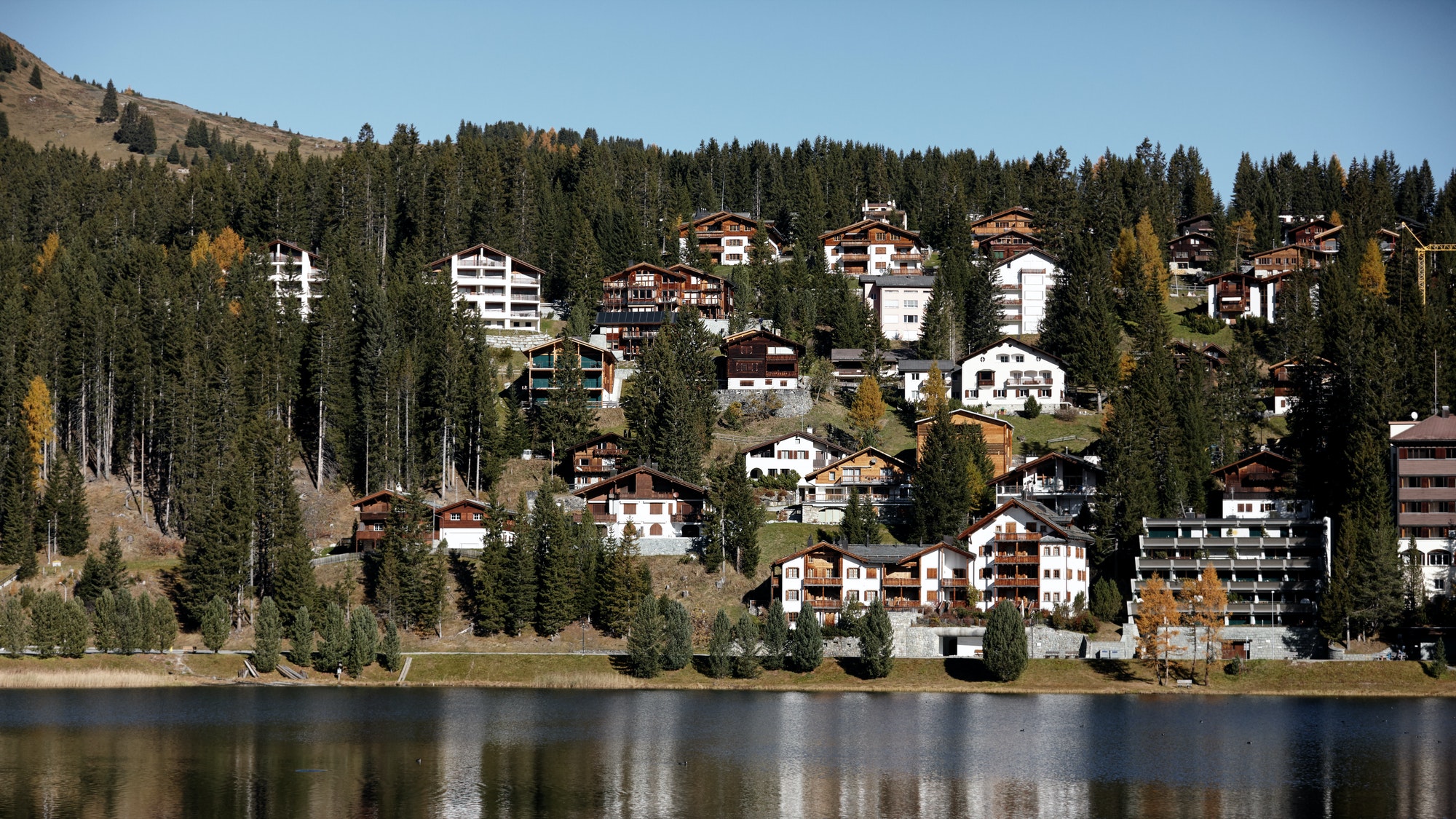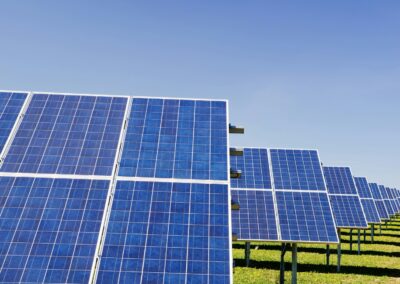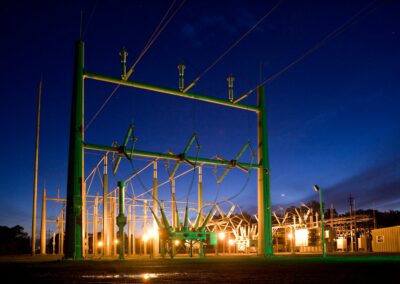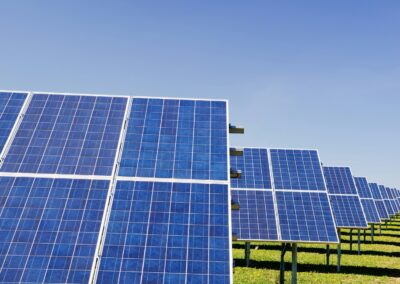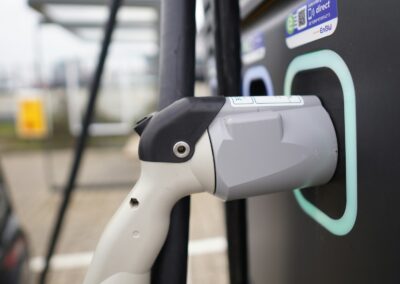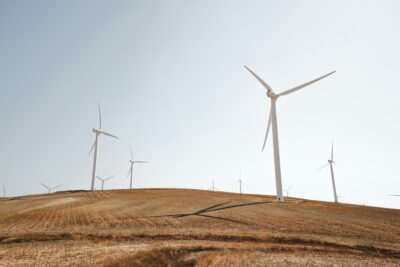How Advancements in Renewable Energy Technologies Are Reshaping the Industry
Accelerating the Shift Away from Fossil Fuels
Renewable energy transformation is poised to redefine the energy sector, reducing dependence on fossil fuels and enhancing sustainability. The rise of advanced renewable energy technologies such as solar, wind, and hydropower is not only driving innovation but also creating significant opportunities for business growth and environmental stewardship. In Saudi Arabia and the UAE, where energy diversification is a strategic priority, these advancements are reshaping the landscape of energy production and consumption.
The integration of cutting-edge technologies like AI and blockchain in the renewable energy sector is facilitating more efficient energy management and distribution. AI algorithms optimize the performance of solar panels and wind turbines, while blockchain technology ensures transparent and secure energy transactions. This synergy of technologies is enhancing the reliability and scalability of renewable energy sources, enabling a smoother transition away from traditional fossil fuels.
In Riyadh and Dubai, the adoption of smart grids and energy storage solutions is further accelerating this transition. Smart grids enable real-time monitoring and management of energy resources, while advanced energy storage systems ensure a steady supply of power even during periods of low renewable energy generation. These innovations are crucial in addressing the intermittency challenges associated with renewable energy sources and ensuring a reliable energy supply.
Economic and Environmental Benefits of Renewable Energy
The transformation towards renewable energy technologies offers substantial economic and environmental benefits. In Saudi Arabia and the UAE, the shift to renewable energy is not only reducing greenhouse gas emissions but also creating new business opportunities and driving economic growth. Investments in renewable energy projects are stimulating job creation and fostering the development of a sustainable energy infrastructure.
From an environmental perspective, renewable energy technologies contribute to significant reductions in carbon emissions and air pollution. Solar and wind energy, for instance, generate electricity without producing harmful emissions, thereby mitigating the adverse effects of climate change. This environmental benefit aligns with the broader sustainability goals of Saudi Arabia and the UAE, supporting their commitments to international climate agreements and environmental stewardship.
Additionally, renewable energy technologies are reducing dependence on imported fossil fuels, enhancing energy security and stability. By investing in domestic renewable energy sources, countries can reduce their vulnerability to global energy market fluctuations and geopolitical uncertainties. This strategic shift not only strengthens energy independence but also promotes long-term economic resilience.
Innovative Approaches in Renewable Energy Technologies
The ongoing advancements in renewable energy technologies are paving the way for innovative solutions that address current energy challenges. In Saudi Arabia and the UAE, innovative approaches such as concentrated solar power (CSP) and floating wind farms are being explored to maximize the potential of renewable energy resources.
Concentrated solar power systems use mirrors or lenses to focus sunlight onto a small area, generating high temperatures that drive turbines to produce electricity. This technology offers high efficiency and the ability to store thermal energy for use during periods of low sunlight. In the UAE, CSP projects are being developed to harness the abundant solar energy available in the region and provide a reliable source of power.
Floating wind farms, another innovative approach, involve placing wind turbines on floating platforms in deep water areas where traditional fixed-bottom turbines are not feasible. This technology expands the potential locations for wind energy generation, allowing access to higher and more consistent wind speeds. Both Saudi Arabia and the UAE are exploring floating wind farm projects to complement their existing renewable energy initiatives and diversify their energy portfolios.
Strategic Implications for Business Leaders and Entrepreneurs
Adapting Business Models to the Renewable Energy Era
As the energy sector undergoes transformation, business leaders and entrepreneurs must adapt their strategies to capitalize on the opportunities presented by renewable energy technologies. This involves rethinking business models and embracing innovation to stay competitive in a rapidly evolving market.
In Saudi Arabia and the UAE, where energy diversification is a key strategic goal, businesses can leverage advancements in renewable energy to enhance their operations and sustainability practices. For example, companies can invest in renewable energy projects to power their facilities, reducing operational costs and demonstrating their commitment to environmental responsibility. Additionally, businesses that adopt renewable energy technologies may benefit from government incentives and support programs aimed at promoting sustainable energy practices.
Entrepreneurs should also explore new business opportunities arising from the renewable energy sector, such as energy storage solutions, smart grid technologies, and sustainable energy consulting. By aligning their ventures with the growing demand for clean energy, entrepreneurs can position themselves as leaders in the transition to a more sustainable and resilient energy future.
Leadership and Project Management in the Renewable Energy Sector
Effective leadership and project management are crucial in navigating the complexities of the renewable energy sector. Business executives and mid-level managers must develop skills and strategies to successfully manage renewable energy projects, from inception to implementation.
In Saudi Arabia and the UAE, leaders in the renewable energy sector must focus on strategic planning, risk management, and stakeholder engagement to ensure project success. This includes collaborating with government agencies, technology providers, and financial institutions to secure funding and support for renewable energy initiatives. Additionally, project managers must be adept at coordinating multidisciplinary teams, managing project timelines, and ensuring compliance with regulatory requirements.
Investing in executive coaching services and leadership development programs can help business leaders and managers enhance their skills and stay ahead in the renewable energy sector. By fostering a culture of innovation and collaboration, organizations can drive successful renewable energy projects and contribute to a sustainable future.
Conclusion
The transformation towards renewable energy technologies represents a critical shift in the energy sector, offering numerous benefits for both the environment and the economy. As Saudi Arabia and the UAE embrace these advancements, business leaders and entrepreneurs have a unique opportunity to drive innovation, enhance sustainability, and achieve long-term success.
By understanding the strategic implications of renewable energy transformation and investing in relevant technologies, businesses can position themselves as leaders in the clean energy revolution. Embracing innovation, adapting business models, and developing effective leadership and project management skills are key to thriving in this dynamic and rapidly evolving industry.
#RenewableEnergy #EnergyTransformation #FossilFuels #SaudiArabia #UAE #Riyadh #Dubai #ArtificialIntelligence #Blockchain #Metaverse #GenerativeAI #ModernTechnology #BusinessSuccess #Leadership #ProjectManagement #ExecutiveCoaching




